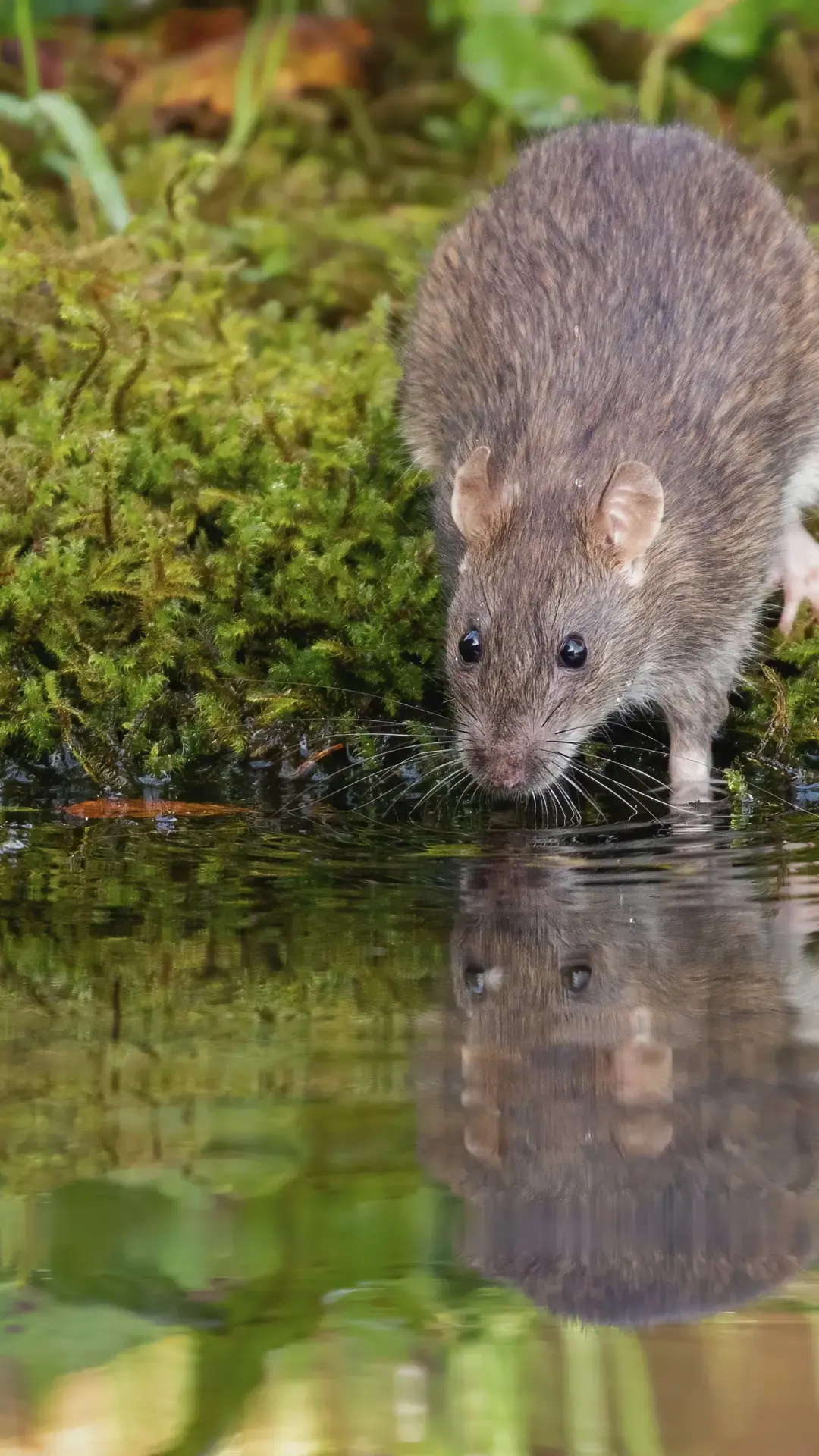Effective Rodent Control Near You
Servicing Long Island | Nassau County | Suffolk County | Queens
From mice to rats, rodents are a pest no one wants to deal with. Rodents are skilled invaders that only need a small opening to squeeze through, will eat almost anything, and breed rapidly. They cause harm to family and pets, damage property, and ruin the reputation of a business.
At EM Pest Control, we pride ourselves on providing safe and effective rodent control service that helps you fight against these unwelcome guests. Our team is dedicated to creating a safe and comfortable environment for you and your family. Say goodbye to rodents and hello to peace of mind!




